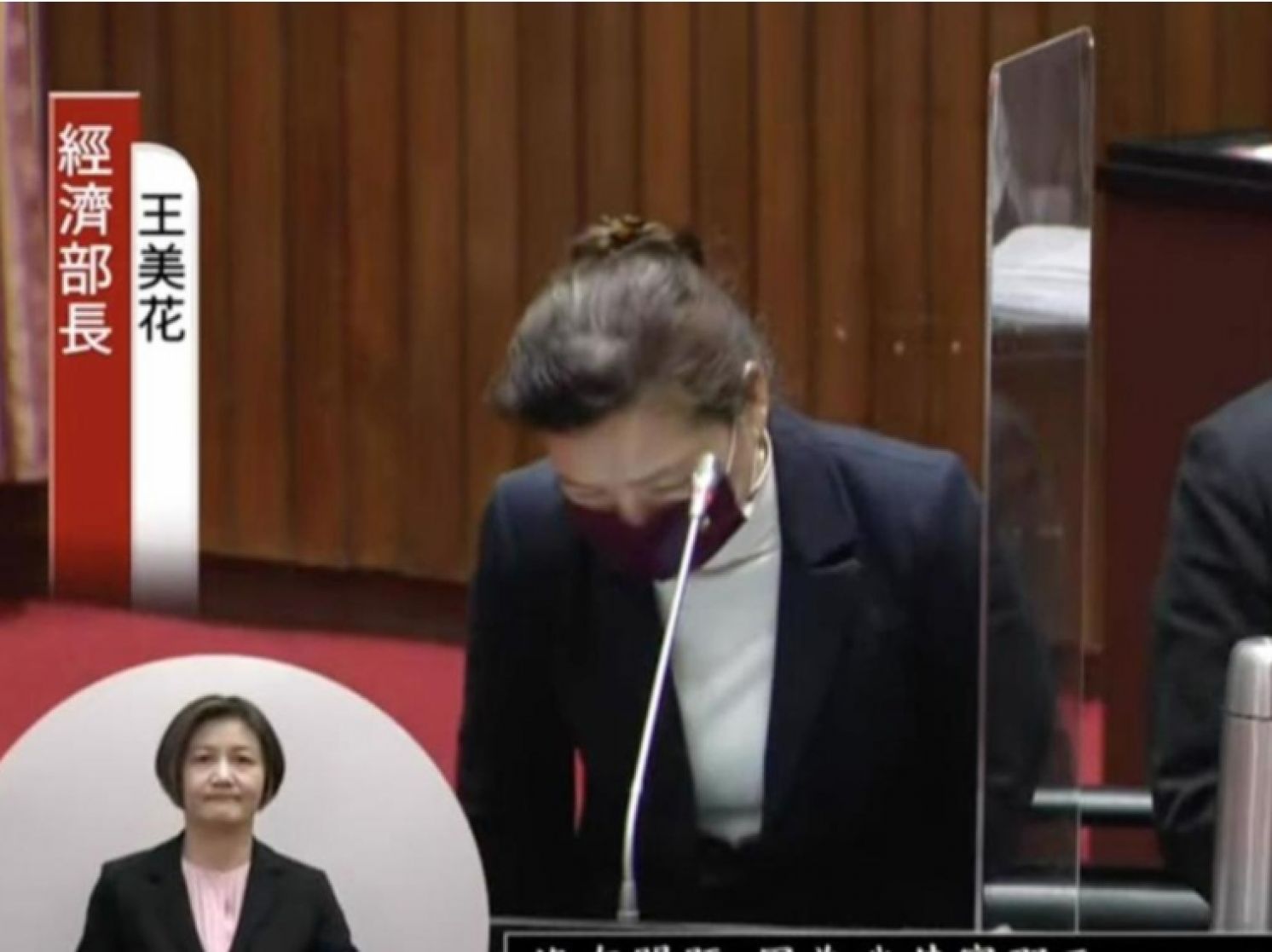
This Week in Taiwan 0227-0305
March 2: President Joe Biden of the United States sent a bi-partisan national security mission to Taiwan. Led by former Chairman Michael Glenn Mullen of the Joint Chiefs of Staff, the delegation expressed firm American support for Taiwan amid the Russia-Ukraine war.
During its 30-hour stay in Taiwan, the five-member special delegation paid visits with the president and vice president, premier, minister of national defense, and chairman of the opposition Kuomintang. It was also hosted at a luncheon reception by Minister of Foreign Affairs Joseph Wu and dinner reception by President Tsai Ing-wen. Officials exchanged views on important issues of U.S.-Taiwan relations.
March 2: The Ministry of National Defense (MND) announced that it will implement a new 14-day education and training program for reserve forces, with 10 hours of training per day (including 2 hours at night) totaling 136 hours of training. Each march will be at least 10 kilometers, the most intensive in history. The education and training program for reserves has garnered attention in light of current warfare between Russia and Ukraine.
March 3: A switch-off accident occurred at the Xingda Power Plant of the Taiwan Power Company, resulting in the instantaneous loss of 1/3 of the power in Taiwan and triggering an unexpected major power outage. At least 5.49 million households were affected, and industries like semiconductors and petrochemicals were severely impacted. Losses are estimated to be in the billions of dollars. Minister of Economic Affairs Wang Mei-hua asked to be disciplined, while Taipower's chairman and general manager tendered resignations. The energy policy of the Tsai administration is facing more intense scrutiny.
March 3: The Legislative Yuan passed a special budget for the procurement of sea and air combat power enhancements, including a "Xiongsheng Missile System." According to the MND, this "surface-to-surface cruise missile" is a long-range precision weapon that can more effectively counter the enemy at strategic targets.
March 4: Former Secretary of State Mike Pompeo visited Taiwan for four days and was accorded special treatment. President Tsai Ing-wen conferred the Order of Brilliant Star, 1st Class, thanking Mr. Pompeo's contributions to U.S.-Taiwan relations during his tenure. In his remarks on March 4, Mr. Pompeo mentioned that the United States should diplomatically recognize the Republic of China (Taiwan) as a free sovereign country. But according to media reports, Pompeo attempted to solicit investments by Taiwan's pension and labor retirement funds in Anarock, where he serves as consultant but was declined by the National Development Council. Some observers say that his visit to Taiwan is for business purposes.
March 4: A first batch of 27 tons of medicines and medical devices from Taiwan to Ukraine arrived in Poland and was transferred to relevant Ukrainian organizations. In addition, public donations from Taiwan to aid Ukraine poured in, amounting NT$178.75 million (about US$6.3 million) by March 4. Fundraising will close April 1.
March 4: The Executive Yuan stated that it has sent letter to the special municipalities, stating that local autonomy ordinances on food safety prohibiting imported food from the five Japanese prefectures around Fukushima are in violation of the Constitution and relevant regulations and will be nullified.
March 4: Mainland China's Two Sessions opened. In his work report, Premier Li Keqiang reiterated adherence to the "One China" principle and the "1992 Consensus" to promote the peaceful development of cross-strait relations and reunification of the motherland and resolutely oppose separatist acts like Taiwan independence. In his work report, Chairman Wang Yang of the Chinese People's Political Consultative Conference only recollected the Straits Forum in September last year but did not provide a policy outlook on Taiwan.